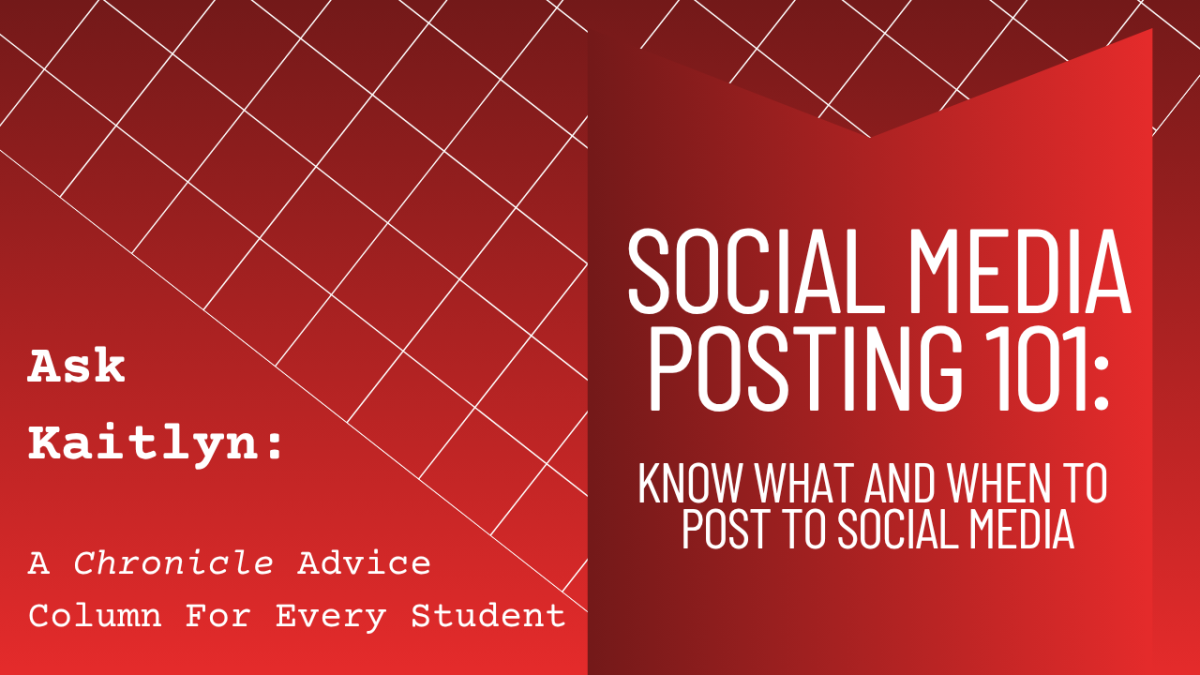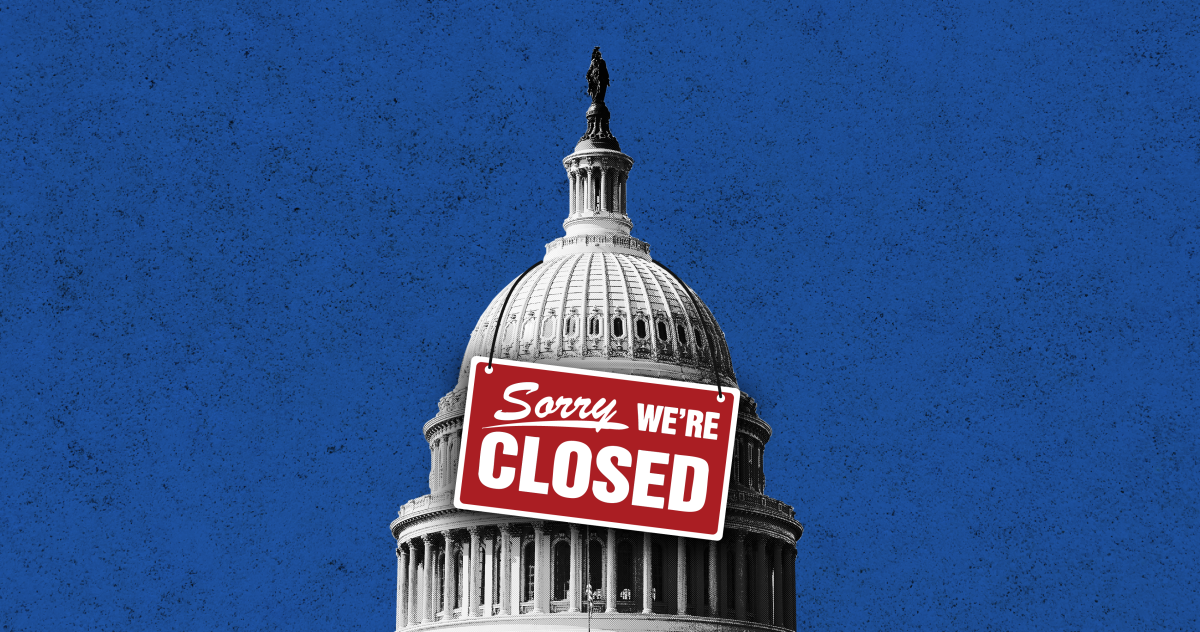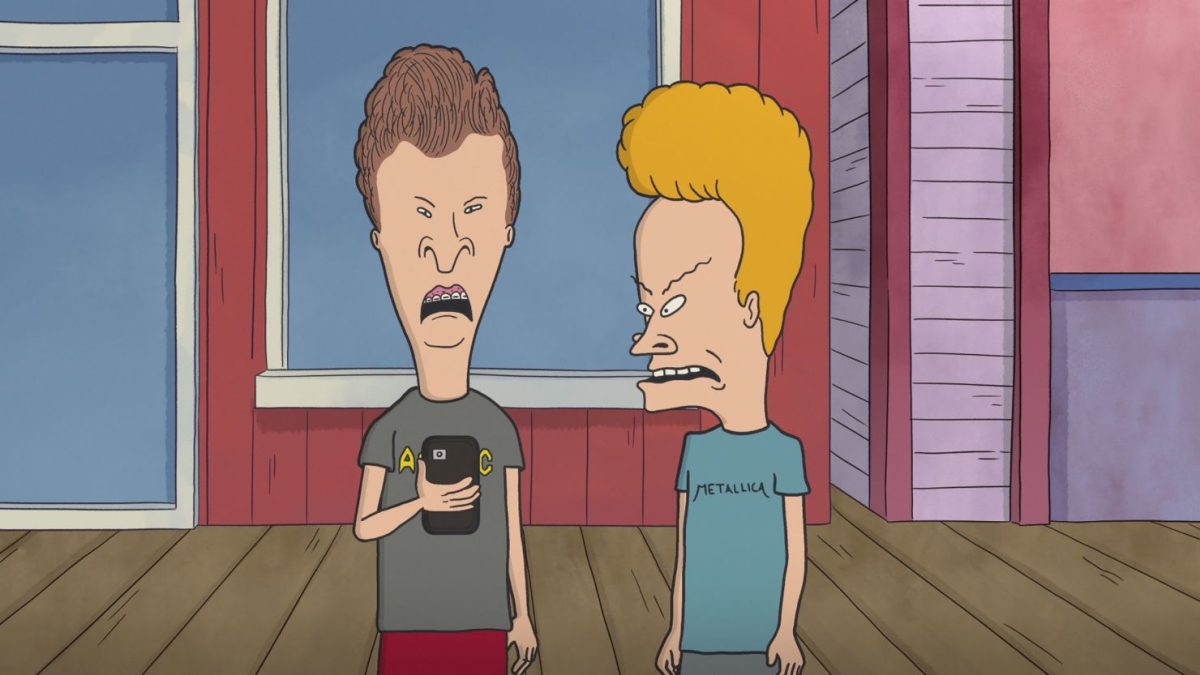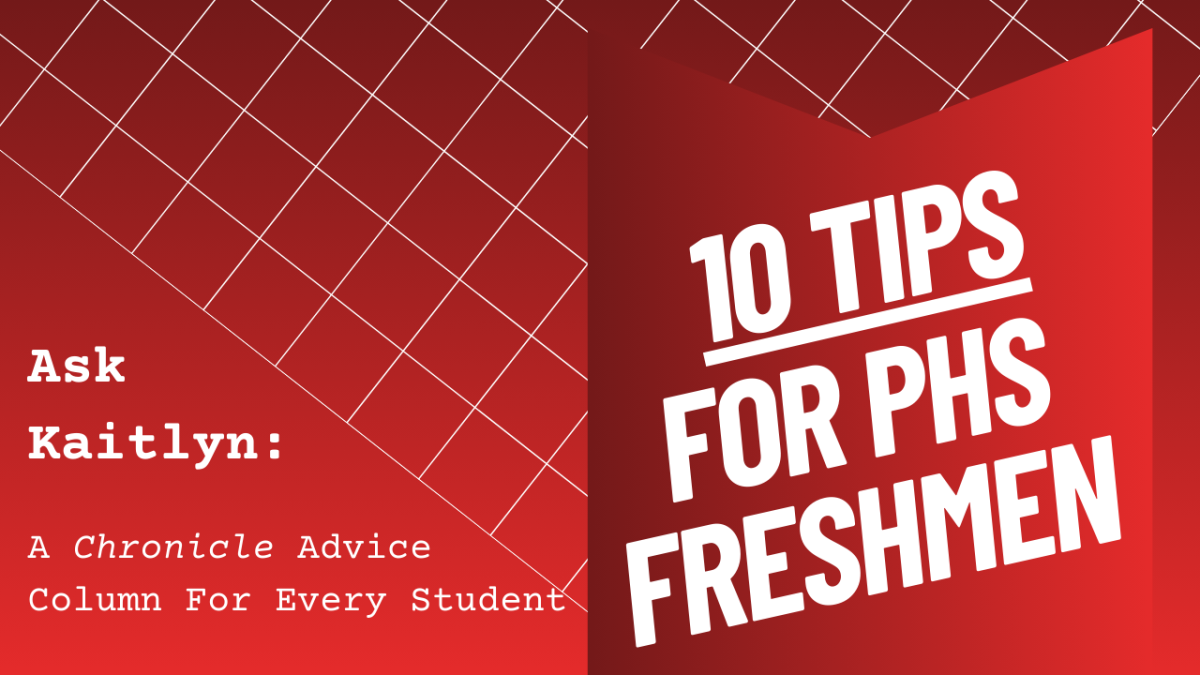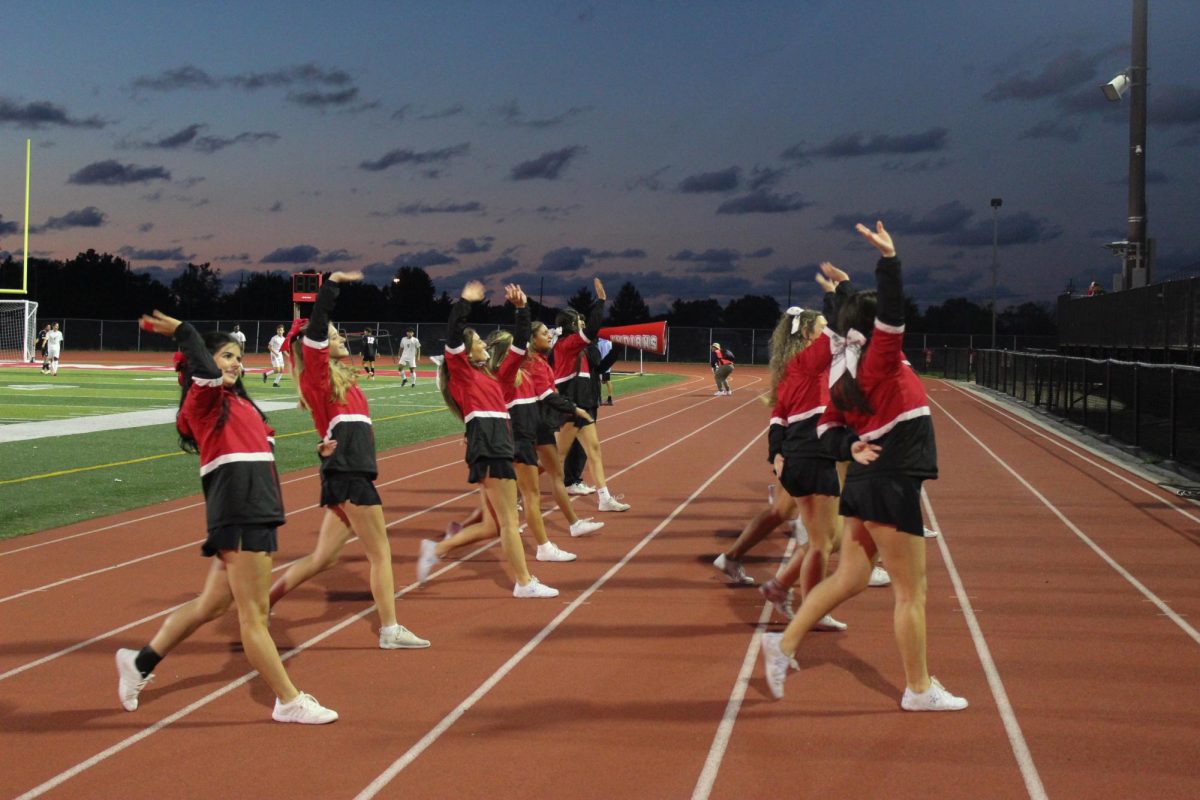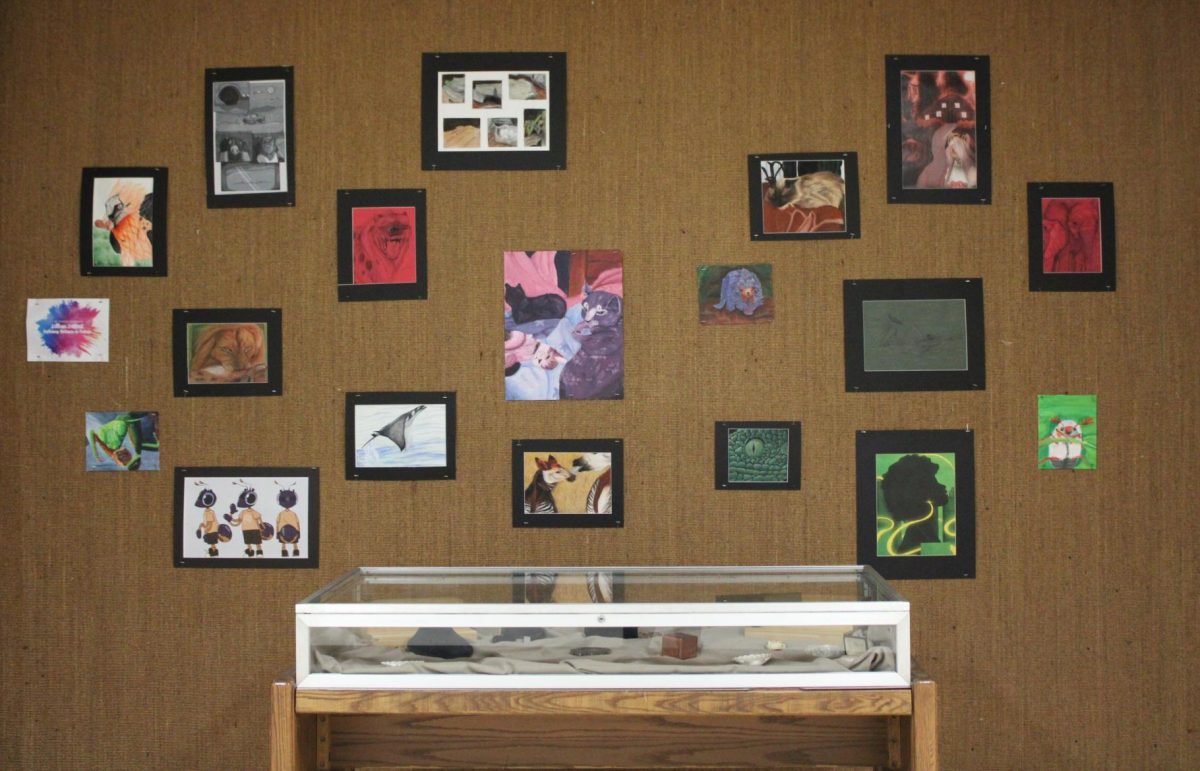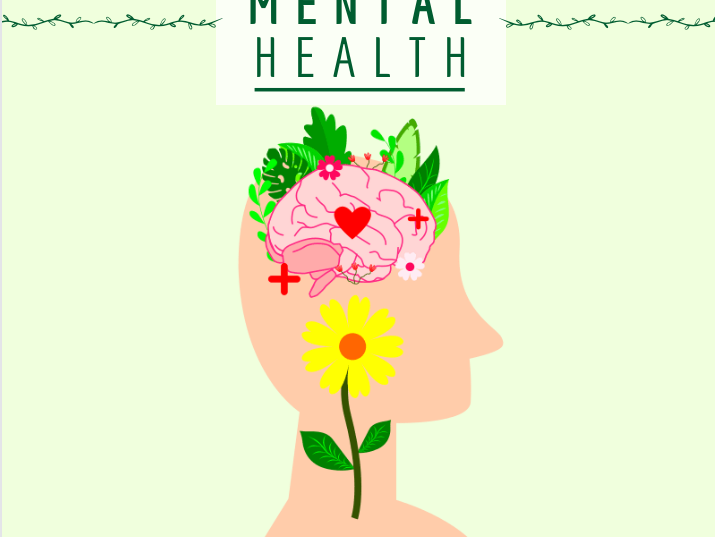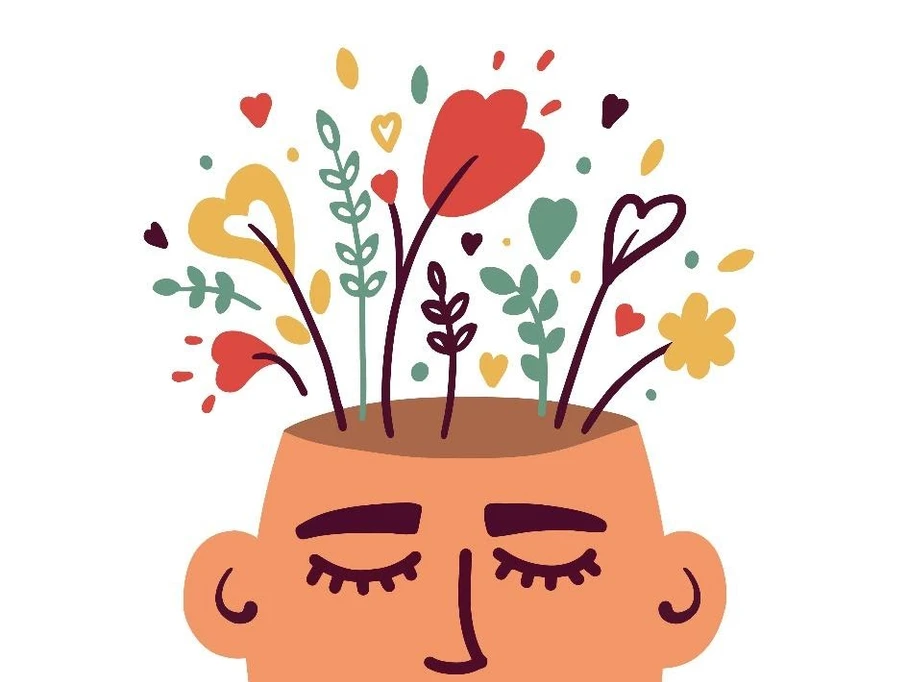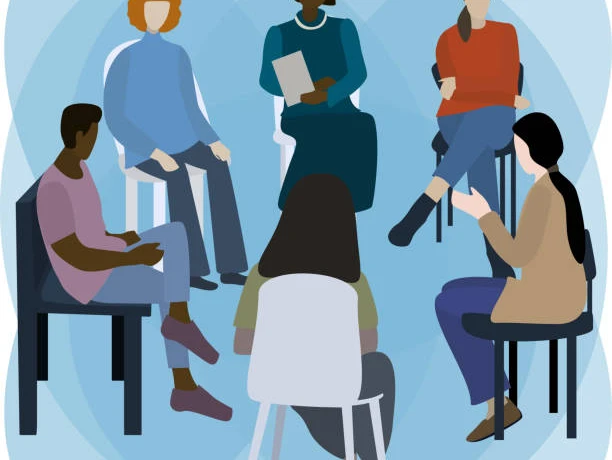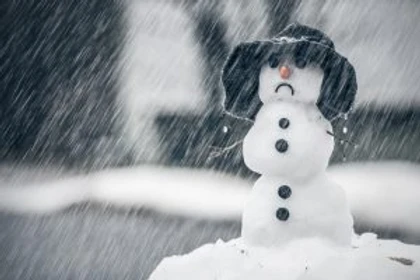
This edition of “Ask Ms. Evans” is a little different because Kamryn Whitten, BSW Intern, cowrote it! Ms. Whitten is working on her bachelors degree in social work, and the two of them worked together to help a student that is feeling a little blue this holiday season.
Dear Ms. Evans,
I really struggle the closer we get to winter. While everyone else is excited about Christmas, I just seem to be depressed. But I don’t get it because I love the idea of the holidays, I can just never actually enjoy them. It’s like the colder it gets, the less I clean my room or take care of myself. I don’t know what this is or how I can help myself.
Dear Student,
Feeling different around the cold months of the year is normal! Feelings of sadness, lack of energy, or just “not being yourself” are common when the clocks go back and the temperature drops. On average, about 20% of Americans experience what is sometimes called the “winter blues” – feelings of depression, anxiety, sadness, or moodiness around the cold months of the year. Fear not, neuroscience can explain it! In the winter the days get shorter, meaning less sunlight. This decrease in sunlight affects the chemicals in our brains, as sunlight directly impacts the levels of serotonin we produce (serotonin is a neurotransmitter that helps regulates our mood and tells our brain when to be happy); since less sunlight means less serotonin, we can become moodier than normal and overall feelings of sadness can increase. Shorter days also disrupt our bodies’ internal clocks, which is what tells us when it is time to be active and when it is time to wind down. When it is dark outside, our bodies naturally want to get ready for sleep. When it is dark by 5 PM, it can be hard for us to find the energy to do much of anything. In addition, when the weather gets cold and the days get shorter, we aren’t as physically active. Physical activity benefits many parts of us; but less physical activity can cause a decrease in blood flow, and lack of blood flow can result in depressive symptoms and can increase those “winter blues.” So what can we do? Although moving to a tropical paradise with limitless sunshine and chances for physical activity seems like the only solution, there are a few things we can do. First, practice healthy sleep habits. Teenagers should be getting 8-10 hours of sleep a night – don’t laugh, in a perfect world this is what teens would get! Without sleep, lack of energy and moodiness will only increase. Another tip is to get more physical activity. Although the cold and shorter days make it harder to go outside, there are still things you can do! Going to an indoor gym, having a ten minute dance party to your favorite song, or bundling up for a short walk can all increase blood flow and chemicals in our brain that boost mood and energy. Another thing that can help is increasing your vitamin D intake! With less sunlight, we do not receive as many vitamins from the sun, which improve mood (among other things). Using a sun lamp or taking supplements can help with vitamin loss during the winter, but make sure to talk with your guardian before taking any vitamins or supplements! Finally, do not isolate yourself. When you feel down, it can be easy to retreat to your room and lose contact with people in your support system. Social interaction boosts mood and can reduce depressive feelings, so even though we feel like we are out of energy, spending time with friends or loved ones is important. When you cannot interact with others, practice relaxation techniques such as yoga, breathing techniques, and hobbies. These can boost overall mood and lessen feelings of anxiety. The bottom line is that the cold months come with a lot of physical and mental health challenges. If you need support or feel like you are dealing with a more serious issue, please reach out to someone you trust!
